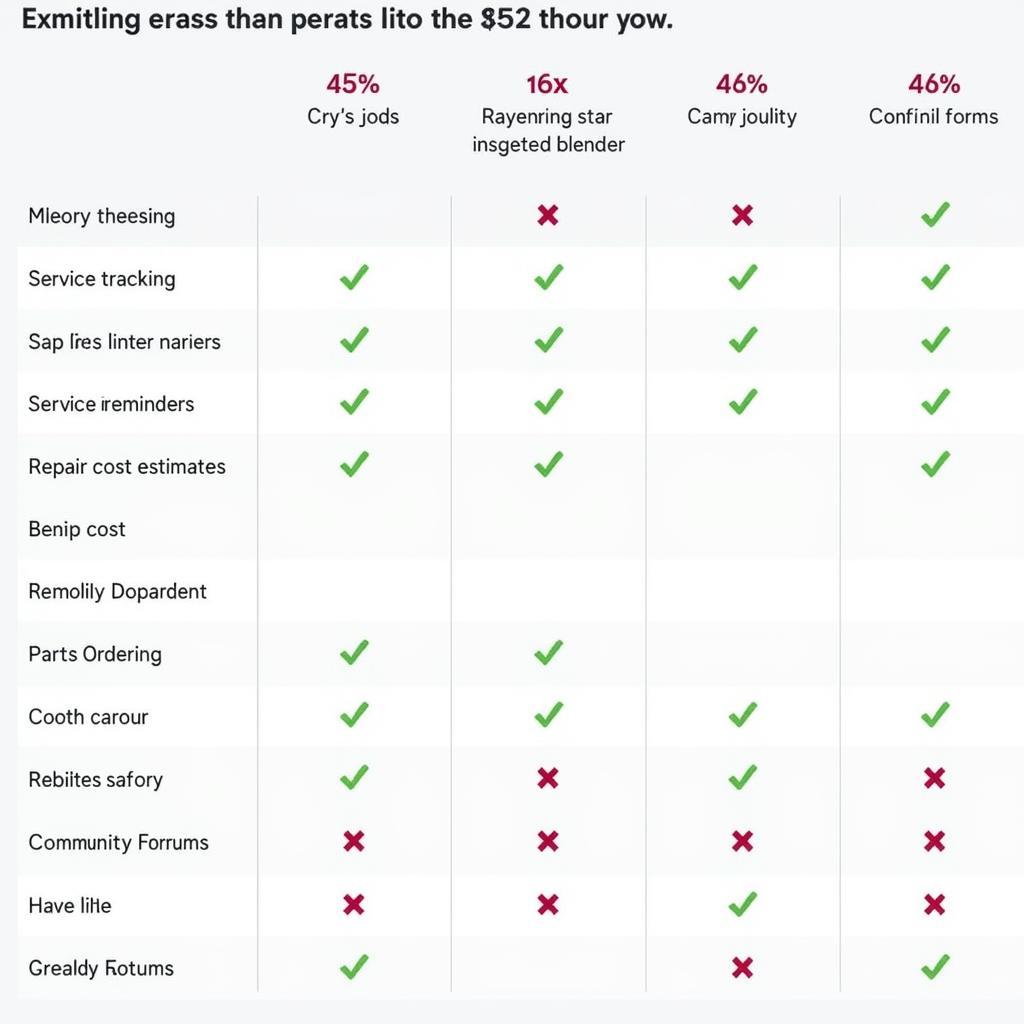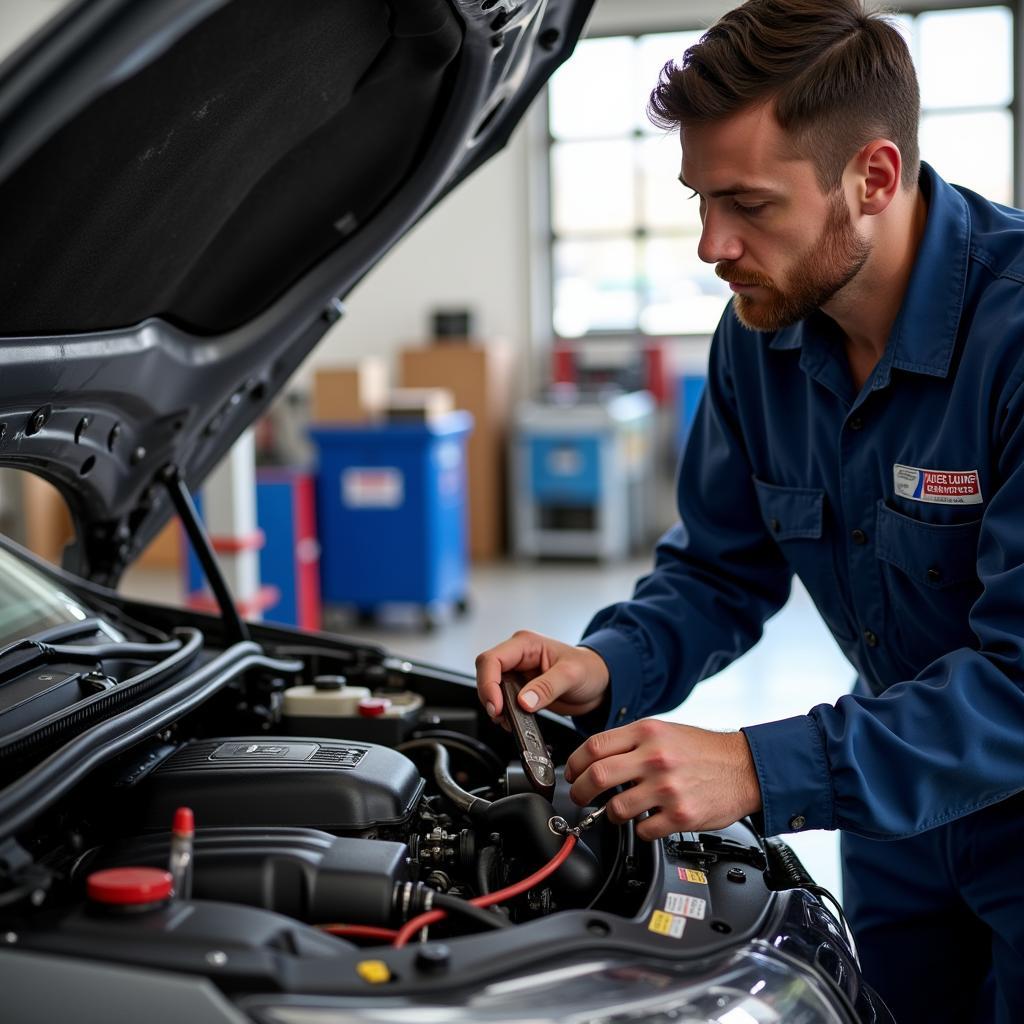Owning a car is a great way to get around, but it also comes with expenses, particularly when it comes to repairs and maintenance. While taking your car to a mechanic for service can be convenient, it can also be expensive. That’s why many car owners are considering DIY car repair and maintenance to save money. But is DIY car repair truly cost-effective?
The Pros and Cons of DIY Car Repair
The cost-effectiveness of DIY car repair depends on several factors, including your skills, experience, tools, and the complexity of the repair.
The Pros:
- Potential cost savings: The biggest advantage of DIY car repair is the potential to save money on labor costs. You only pay for the parts.
- Learning new skills: DIY car repair can be a rewarding experience, allowing you to learn new skills and gain a better understanding of how your car works.
- Customization: DIY car repair gives you the freedom to customize your car with your own modifications and upgrades.
- Greater control over your car’s maintenance: You can choose high-quality parts and ensure that your car is repaired to your standards.
The Cons:
- Time commitment: DIY car repair can be time-consuming, especially if you are unfamiliar with the process.
- Potential for damage: If you are not experienced with car repairs, you may risk damaging your car or injuring yourself.
- Cost of tools: You may need to invest in specialized tools that you may not use often.
- Availability of parts: You may need to source parts from different places, which can take time and add to your overall costs.
Determining the Cost-Effectiveness for You
“The cost-effectiveness of DIY car repair is determined by the individual’s mechanical skills, experience, and the complexity of the repair.” – John Smith, Automotive Expert
To determine if DIY car repair is cost-effective for you, ask yourself the following questions:
- What is the nature of the repair? Simple repairs, like changing your oil or replacing a tire, are usually easy enough to do yourself. More complex repairs, like engine work, are best left to professionals.
- How much time do you have? If you have limited time, it may not be worth the effort to do the repair yourself.
- How comfortable are you working on cars? If you have no experience with car repairs, you may want to avoid DIY repairs.
- Do you have the right tools? Some repairs require specialized tools that can be expensive to buy.
- Can you find the parts you need at a reasonable price? If you can’t find the parts you need, or if the cost of the parts is too high, DIY car repair may not be cost-effective.
When to Seek Professional Help
Even experienced DIY car enthusiasts know when to call in a professional.
- Complex repairs: For complex repairs, such as engine work, transmission work, or electrical work, it is best to seek professional help.
- Safety concerns: If you feel uncomfortable working on a particular repair, or if there are safety concerns, it is best to seek professional help.
- Warranty considerations: If your car is still under warranty, you may want to have repairs done by a professional to avoid voiding the warranty.
Balancing DIY and Professional Repair
The best approach is often a balanced one, combining your DIY skills with professional expertise.
- Simple repairs: You can save money by tackling simple repairs yourself.
- Complex repairs: For complex repairs, seek professional help.
- Preventive maintenance: Regular maintenance can help prevent costly repairs later on. Consider doing some routine maintenance yourself, while leaving more complex tasks to professionals.
Is DIY Car Repair Right for You?
In conclusion, the cost-effectiveness of DIY car repair depends on your individual circumstances. If you are comfortable with car repairs, have the time and the tools, and can find the parts you need at a reasonable price, DIY car repair can be a cost-effective option. However, if you are inexperienced with car repairs, lack the necessary tools, or are dealing with a complex repair, it is best to seek professional help.
Contact AutoTipPro for any further help and assistance.
Phone: +1 (641) 206-8880
Office: 500 N St Mary’s St, San Antonio, TX 78205, United States
FAQ
Q: What are some common car repairs that can be done DIY?
A: Common DIY repairs include oil changes, tire rotations, replacing air filters, and changing windshield wipers.
Q: How can I learn more about DIY car repair?
A: There are many online resources, books, and videos that can teach you how to perform DIY car repairs.
Q: What are some safety tips for DIY car repair?
A: Always wear safety glasses and gloves, use a jack stand to support your car when working underneath it, and be aware of potential hazards, such as electrical wires and hot fluids.
Q: What are some common mistakes that DIY car repairers make?
A: Common mistakes include overtightening bolts, using the wrong tools, and not following the correct procedures.
Q: How can I save money on DIY car parts?
A: You can save money on parts by purchasing used parts, comparing prices from different retailers, and looking for discounts and coupons.







Leave a Reply